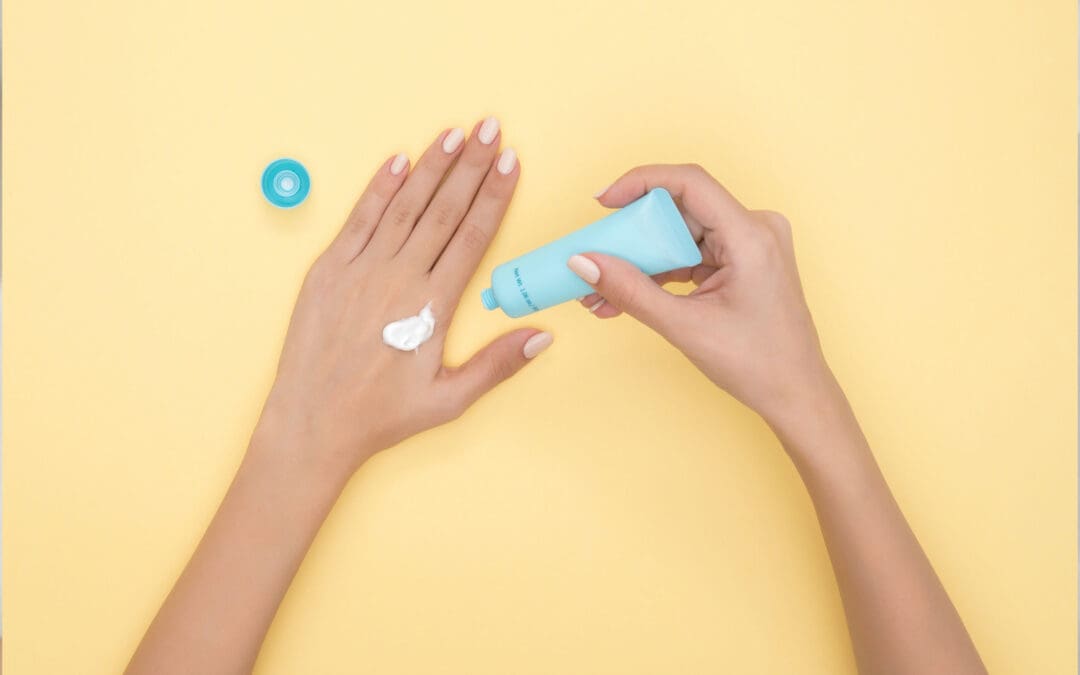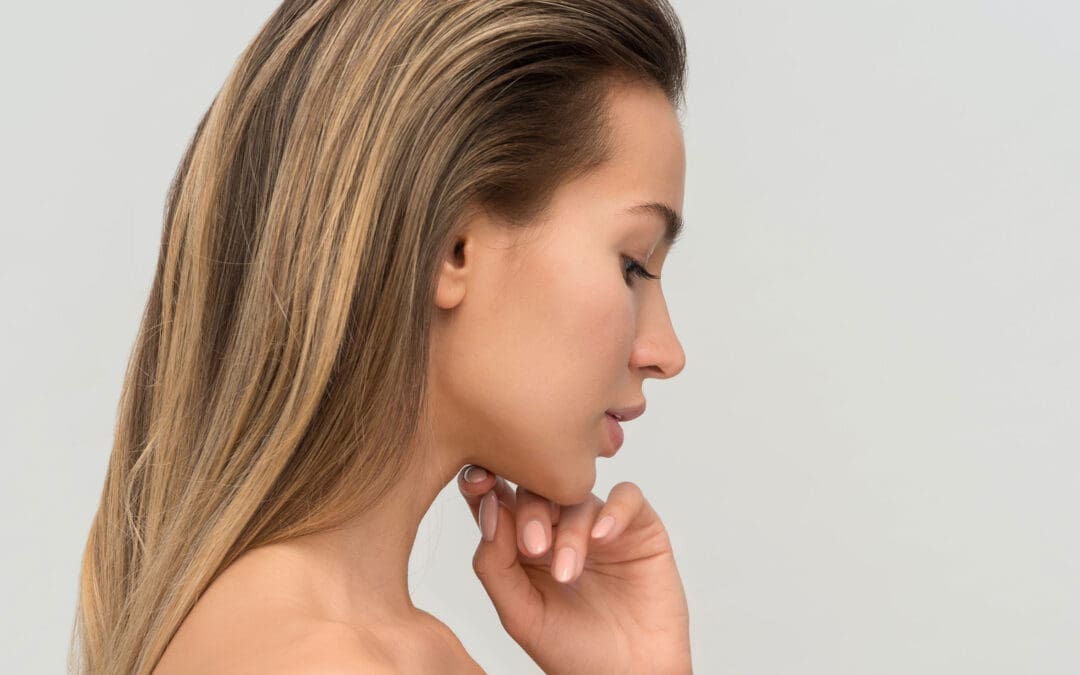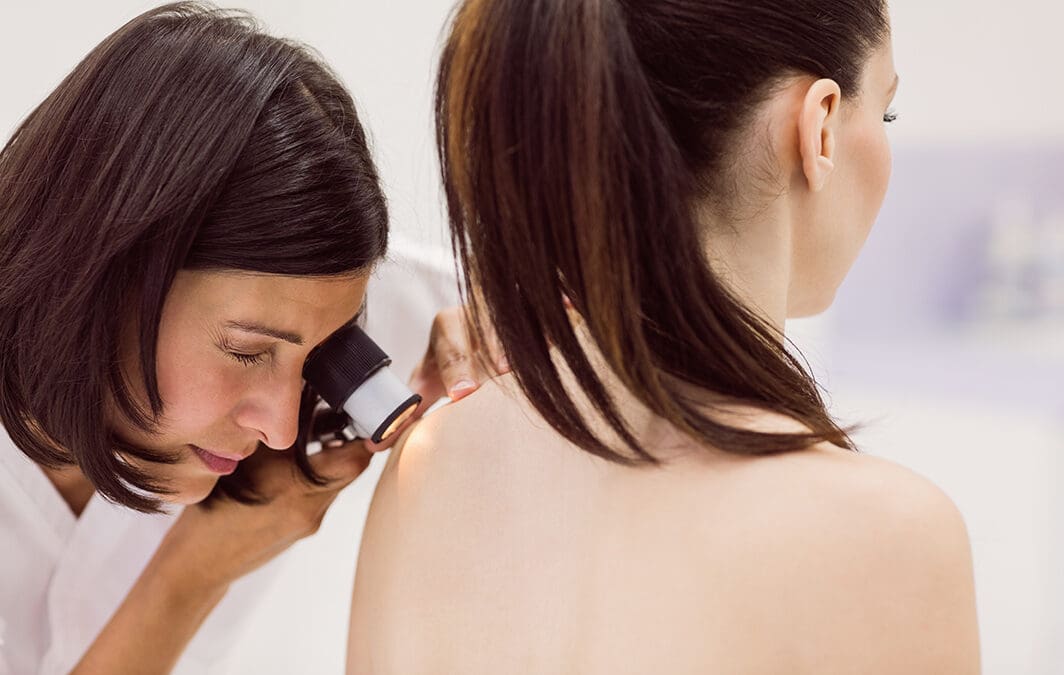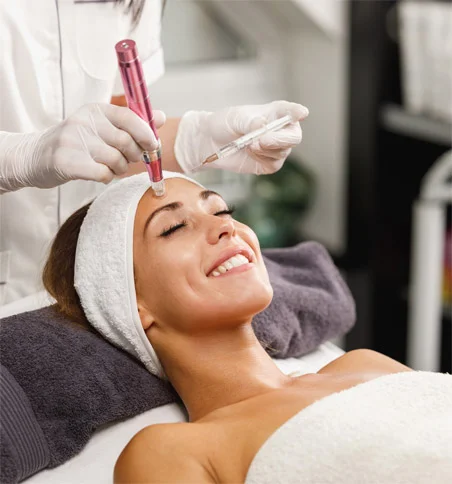
Beautiful and healthy skin is a reflection of proper skincare, and choosing the right products tailored to your specific skin type is paramount. With a multitude of skincare products available in the market, the journey to achieving radiant and flawless skin can be overwhelming.
This comprehensive guide will walk you through the essential steps in selecting skincare products that align with your unique skin type and concerns. From identifying your skin type to understanding product labels and ingredients, we’ll help you make informed choices that will transform your skincare routine.
Determine Your Skin Type
Normal Skin
Normal skin is well-balanced, with minimal issues like excess oil or dryness. It has a smooth texture, small pores, and is not prone to frequent breakouts.
Oily Skin
Oily skin tends to produce excess sebum, leading to a shiny appearance, enlarged pores, and a predisposition to acne and blackheads.
Dry Skin
Dry skin lacks moisture and may feel tight, rough, or flaky. It can be sensitive and prone to redness and irritation.
Combination Skin
Combination skin exhibits characteristics of multiple skin types. It can be oily in the T-zone (forehead, nose, chin) and dry or normal in other areas.
Sensitive Skin
Sensitive skin is prone to irritation, redness, and discomfort. It may react negatively to certain products, environmental factors, or ingredients.
Understanding Product Labels
Ingredients List
Ingredients are listed in descending order of concentration. Familiarize yourself with common ingredients for your skin type and any potential allergens or irritants to avoid.
Product Claims
Be cautious of exaggerated claims like “miracle cure” or “instant results.” Look for products that make realistic promises based on their ingredients.
Skin Type Indications
Some products are specifically formulated for certain skin types. Look for labels that mention suitability for normal, oily, dry, combination, or sensitive skin.
Expiration Date
Check for the expiration date to ensure product freshness and efficacy. Expired products may not deliver the desired results.
Building a Basic Skincare Routine
Cleansing
Choose a gentle cleanser appropriate for your skin type. Oily skin benefits from foaming or gel-based cleansers, while dry skin may require a creamy or hydrating cleanser. Sensitive skin types should opt for fragrance-free, hypoallergenic options.
Moisturizing
Regardless of your skin type, moisturizing is essential to maintain skin hydration and a healthy barrier. Use a moisturizer suitable for your skin type. Oily skin should opt for lightweight, oil-free formulas, while dry skin requires richer, hydrating creams.
Sun Protection
Sunscreen is non-negotiable. Opt for a broad-spectrum sunscreen with at least SPF 30, even on cloudy days. Many moisturizers and foundations also contain SPF, simplifying your routine.
Tailoring Your Routine to Your Skin Type
Oily Skin
- Use an oil-free, non-comedogenic sunscreen.
- Consider products containing salicylic acid or benzoyl peroxide to address acne and reduce oiliness.
- Use a gentle, foaming cleanser to remove excess oil.
Dry Skin
- Look for moisturizers rich in ceramides, hyaluronic acid, or glycerin to lock in moisture.
- Avoid harsh, alcohol-based toners.
- Consider incorporating a hydrating serum into your routine.
Combination Skin
- Use a mattifying product on the T-zone and a hydrating product on drier areas.
- Adjust your skincare routine based on the season. You may require richer products in the winter and lighter ones in the summer.
Sensitive Skin
- Choose fragrance-free, hypoallergenic products.
- Perform a patch test before introducing new products.
- Avoid abrasive scrubs or harsh exfoliants.
Specialty Products and Ingredients
Acne-Prone Skin
- Consider products with salicylic acid, benzoyl peroxide, or niacinamide to address breakouts.
- Use a non-comedogenic, oil-free moisturizer.
Anti-Aging
- Look for products containing retinoids (retinol, tretinoin) or peptides to target fine lines and wrinkles.
- Use a broad-spectrum sunscreen daily to prevent premature aging.
Hyperpigmentation
- Products with ingredients like vitamin C, alpha hydroxy acids (AHAs), or licorice root extract can help reduce dark spots.
- Sun protection is crucial to prevent further pigmentation.
Hydration
- Incorporate products with hyaluronic acid, glycerin, or ceramides to boost skin hydration.
Consistency is Key
Consistency in your skincare routine is vital for seeing results. Stick to your chosen products and give them time to work. It often takes weeks or even months to notice significant improvements in your skin.
Consult a Dermatologist
For persistent skin concerns, contact us for personalized recommendations, prescribed medications, or to discuss professional treatments like chemical peels or laser therapy for more complex issues.
Choosing the right skincare products for your skin type is a crucial step in achieving healthy, radiant skin. By understanding your skin type, deciphering product labels, and customizing your routine with appropriate products and ingredients, you can embark on a skincare journey that caters to your unique needs and concerns. Remember that patience and consistency are key.
Also check out our some of our recommended skincare products.

FAQs About Precancerous Skin: Types, Signs, and More
Sitting by the pool, hiking up a mountain, or just tanning in our backyards – we Americans take having "fun in the sun" to a whole new level. Ironically, our love and appreciation for the sunny...

Debunking 9 Myths on Skin Cancer
According to the American Academy of Dermatology Association, skin cancer is the most common cancer in the United States. Its current estimates suggest that 20% of the American population is likely...
Skin Conditions, Treatments & Benefits of Medical Dermatology
Medical Dermatology is a specialized branch of medicine that focuses on the diagnosis and treatment of skin diseases and conditions. It is an important area of healthcare, as skin issues can range...

Nine Benefits of Mohs Surgery: A Complete Rundown
Skin cancer is a frightening reality for many. It has the potential to leave scars, deform features, spread to other organs, and even threaten one's life if left untreated. This serious medical...

How to Tell Basal Cell vs. Squamous Cell Carcinoma Apart
Basal cell carcinoma and squamous cell carcinoma are the most common skin cancers in the United States. These malignant (cancerous) diseases begin in the cells that cover or line human organs. Both...

What is Microneedling?
Microneedling is a minimally invasive procedure that promotes the production of collagen and proteins within the skin to renew its structure, elasticity, and youth. This treatment uses the body’s...

Facts About Levulan Photodynamic Therapy for Skin Cancer
Levulan photodynamic therapy is a non-invasive treatment for skin cancer, actinic keratosis, acne, and various other skin conditions. Read on to understand its benefits and limitations. What is...
